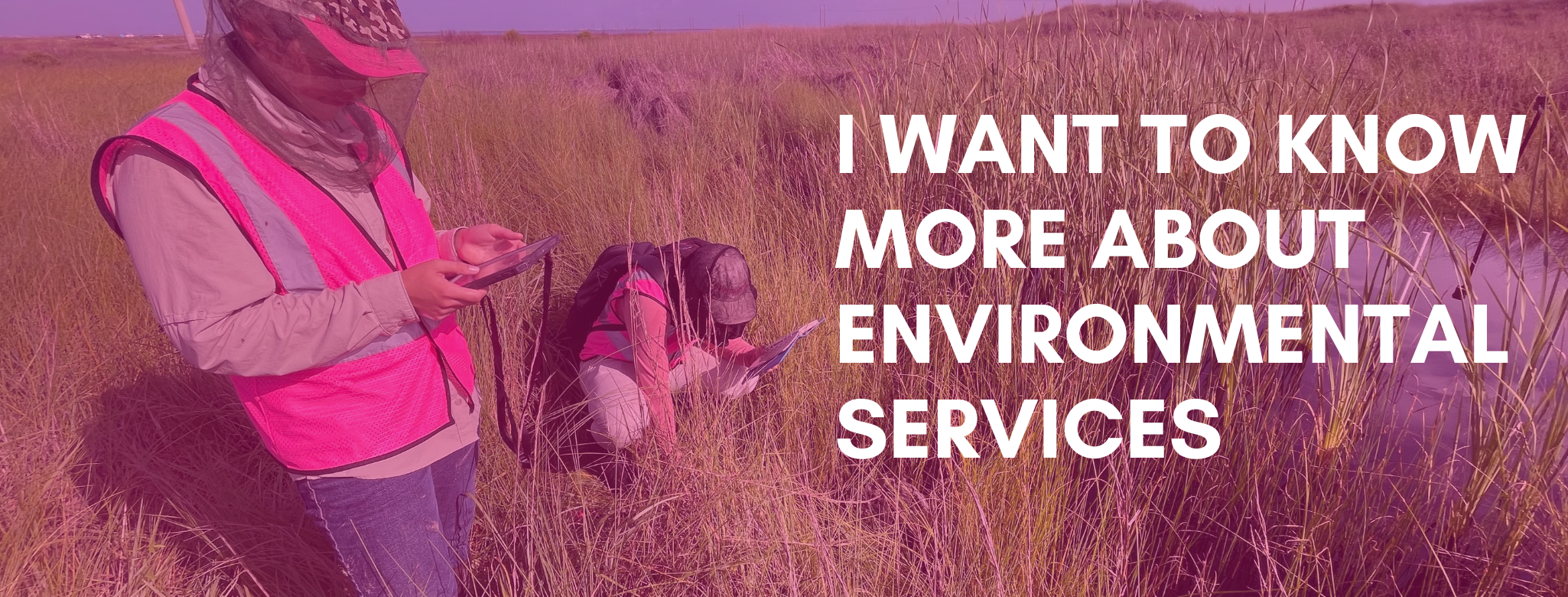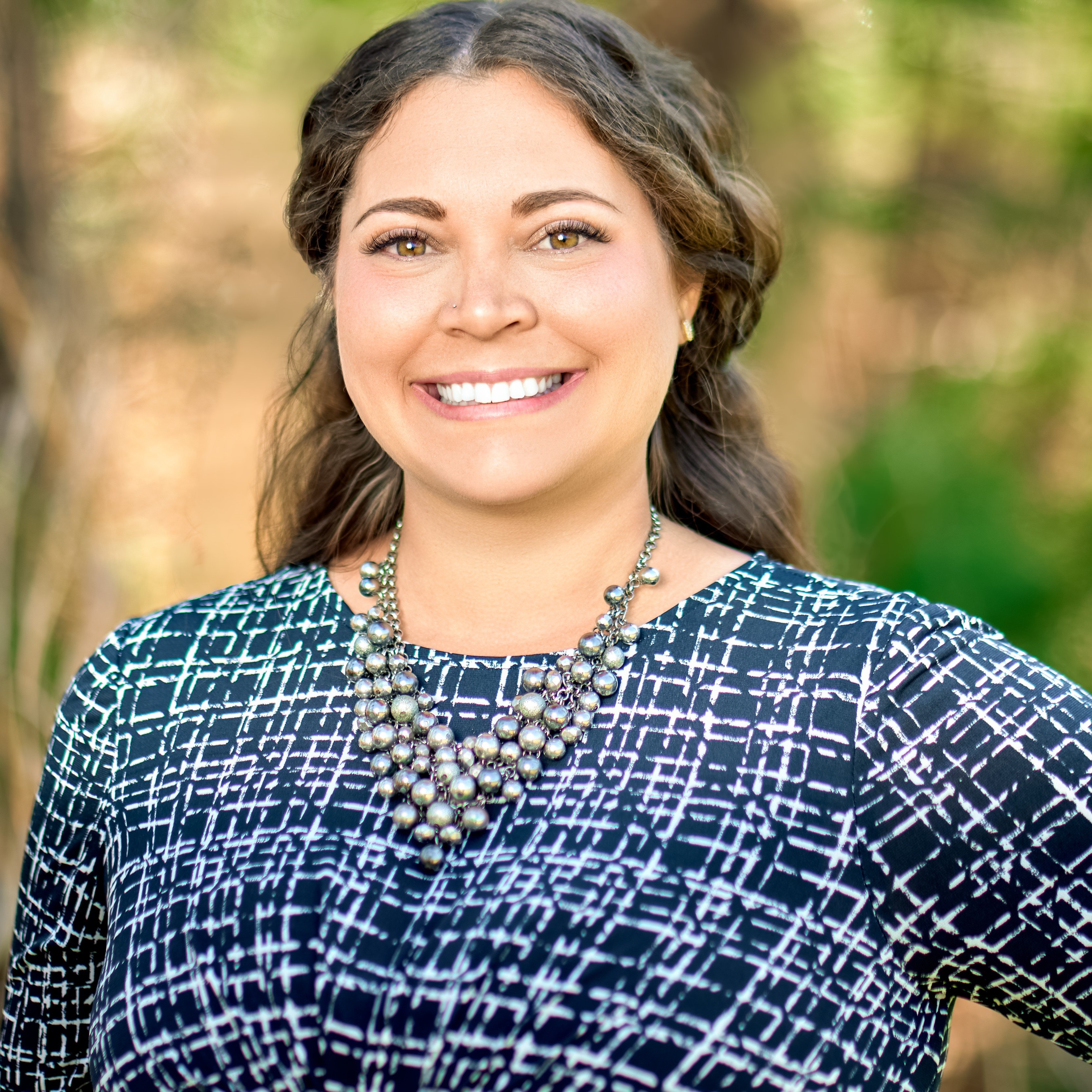As trusted partners to our many clients, Hollaway Environmental + Communications Services, Inc. is keeping a close watch on federal court decisions and any new developments regarding the Clean Water Act so we can expertly help our clients navigate the perpetually muddy regulatory waters.
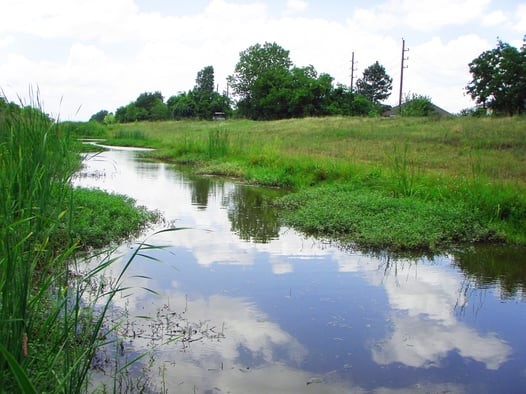
On May 25, 2023, the Supreme Court of the United States issued its ruling on Sackett v. EPA, a decades‑long case questioning the EPA’s authority to regulate dredge and fill activities in wetlands, specifically challenging the definition of Waters of the United States.
The Sacketts placed fill material within a wetland to level their property in order to build a home. According to the EPA, the fill was illegally placed in a Water of the United States, and the agency ordered them to remove it in 2007, threatening penalties exceeding $40,000 per day. The Sacketts initiated a lawsuit in 2008 challenging the EPA’s regulatory authority over the affected wetland, which made its way up through the courts.
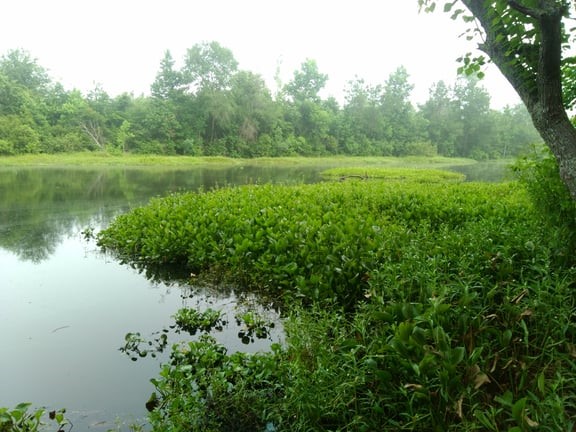 Photo Credit: Molly Lenihan
Photo Credit: Molly Lenihan
The definition of Waters of the United States has been challenged since the inception of the Clean Water Act. The federal government’s legal jurisdiction over navigable waterbodies, or those which extend across state lines, has remained consistent; however, its authority over wetlands located near those waterbodies has been the subject of ongoing debate. In particular, the division between an easily recognizable 'water' and its associated wetlands is often blurred by vague and everchanging regulatory guidance. Natural and man-made barriers between a wetland and a water further muddy the waters for the USACE when making a jurisdictional determination on “continuous surface connection”.
In the recent Sackett vs. EPA decision, the Supreme Court held that waters are not protected by the Clean Water Act unless they have a "continuous surface connection" to waters (i.e., lakes, rivers, oceans) that affect interstate commerce. This means that waters, including wetlands, that have an underground connection to those lakes/rivers/oceans and even the waters/wetlands that are separated by man-made barriers are no longer regulated by the Clean Water Act under this recent decision.
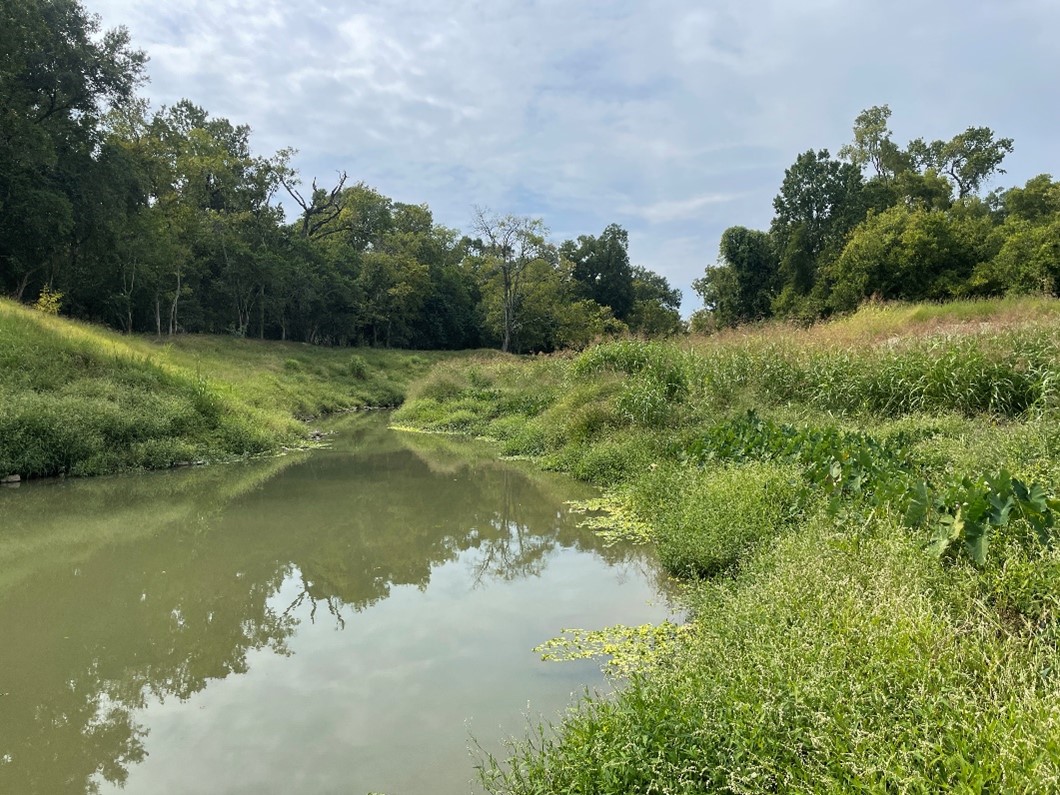
Recently, the Galveston District of the United States Army Corps of Engineers (USACE) Regulatory Division directly informed Hollaway that the office is temporarily halting work on all active Approved Jurisdictional Determination requests until they receive further guidance from USACE Headquarters.
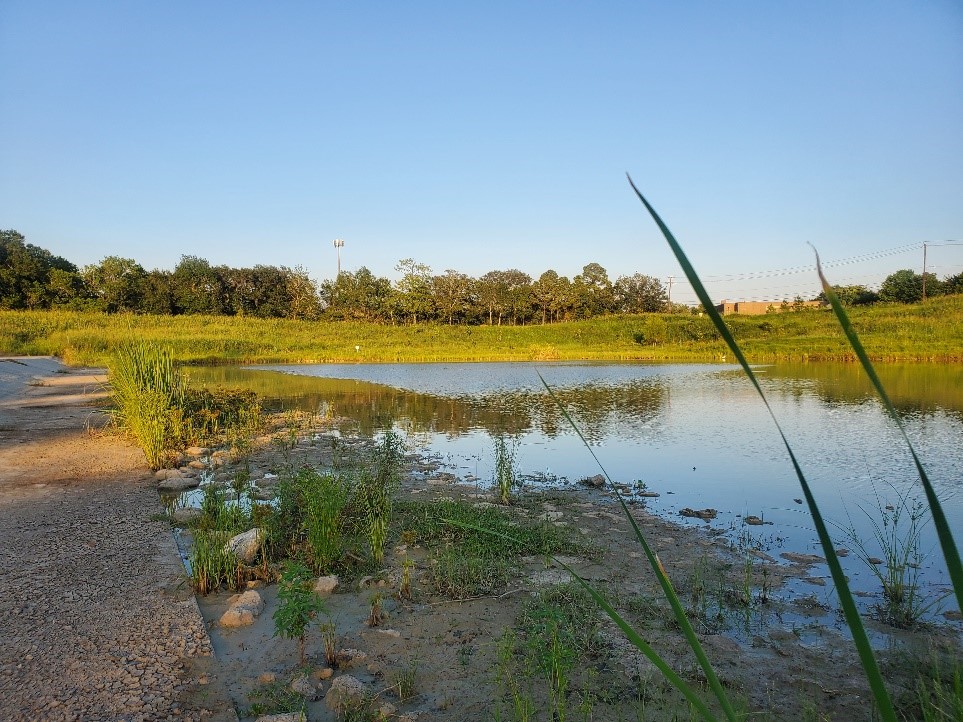
Rest assured that, just as we have for many clients throughout our nearly 30 years in business, our environmental experts are here to walk you through this ever-changing and complex regulatory topic.
If you have questions about what this means for your important projects as the agencies develop additional guidance, call Ally Altemose at (713) 868-1043 or e-mail ally@hollawayenv.com.
To learn more about the environmental work Hollaway is currently doing, visit our website.
